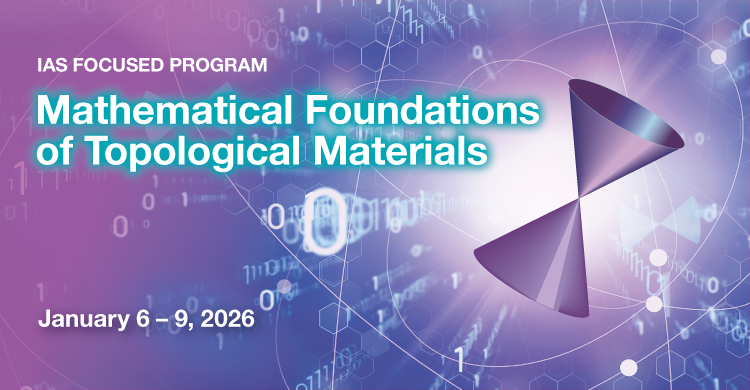Topological materials have emerged at the forefront of modern condensed matter physics and mathematics, revolutionizing our understanding of electronic structures, quantum phenomena, and materials science. These materials exhibit remarkable properties arising from their intricate topological characteristics, influencing phenomena such as quantum Hall effects, superconductivity, and unidirectional transportation in photonics. Over recent decades, substantial theoretical progress and mathematical rigor have significantly enhanced our understanding of these materials, paving the way for novel applications in quantum computing, spintronics, and beyond.
Recent years have witnessed groundbreaking advances in the mathematical theory and applications of topological materials. Notable developments include:
| • | Rigorous classification schemes of topological phases using algebraic topology and K-theory. | |
| • | Advances in the mathematical analysis of topological invariants and index theorems in various topological systems. | |
| • | Theoretical insights into robustness and stability of edge states and boundary phenomena. |
This focused workshop aims to:
| • | Highlight recent theoretical advancements and mathematical breakthroughs in the field of topological materials. | |
| • | Provide a collaborative platform for mathematicians and theoretical physicists to exchange ideas and form interdisciplinary partnerships. | |
| • | Identify and discuss critical open problems, future research opportunities, and emerging theoretical and practical challenges. | |
| • | Boost research on the mathematical foundations of topological materials in East Asia by fostering regional collaboration and international visibility. | |
| • | Engage with early-career researchers and students, offering them exposure to cutting-edge research and valuable insights into potential career pathways and burgeoning research areas. |






